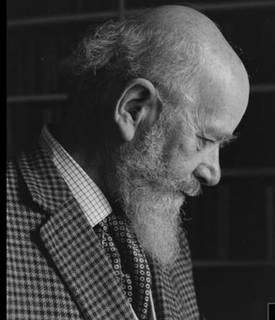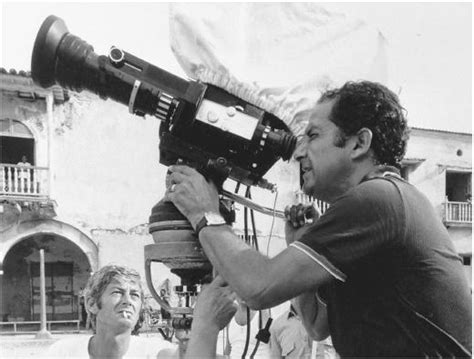A Quote by Eudora Welty
There is absolutely everything in great fiction but a clear answer.
Quote Topics
Related Quotes
We are posing two very clear questions. The first is: Did the Holocaust actually take place? You answer this question in the affirmative. So, the second question is: Whose fault was it? The answer to that has to be found in Europe and not in Palestine. It is perfectly clear: If the Holocaust took place in Europe, one also has to find the answer to it in Europe.
The good part of writing is where it gets out of your control and turns into something else. You look at it and think "Whoa, where did that come from? That wasn't what I meant to write, but it's more interesting than what I was intending. Which part of my subconscious or my experience did that come from?" Often the answer isn't clear, and often the line between fiction and fact isn't clear, either.
TV has taken reflection out of the human condition. People didn't use to have a ready answer for everything, whether they knew something about it or not. People think they have to have an answer for everything because the guys on TV have an answer for everything. But it's bullsh**t! Reflection is crucial.
What is bad? What is good? What should one love, what hate? Why live, and what am I? What is lie,what is death? What power rules over everything?" he asked himself. And there was no answer to any of these questions except one, which was not logical and was not at all an answer to these questions. This answer was: "You will die--and everything will end. You will die and learn everything--or stop asking.






































